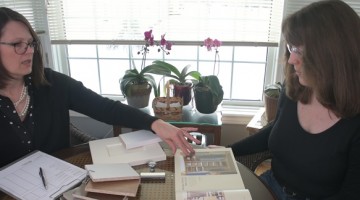A new study from BMO shows that almost a quarter of Canadians are living paycheque to paycheque and should the well dry up…things would not be looking good.
To look at the numbers more closely…. 24 per cent of respondents said they had hardly anything set aside and more than half, 56 per cent, reported having less than $10,000 in available emergency funds. On the flip side however, Canadians on average have $41,694 in emergency savings, up from an average of $35,237 in 2014.
Financial experts describe the ideal rainy day funds as one that can replace three to six months of income as well as give some level of peace of mind if hardship did occur suddenly.
The online survey polled 1,002 Canadians 18 years of age and older Aug. 17 and Aug. 18. The polling industry’s professional body, the Marketing Research and Intelligence Association, says online surveys cannot be assigned a margin of error because they do not randomly sample the population.
How did things look by the provinces? By region, the survey found that those in Atlantic Canada had the lowest average amount of emergency funds set aside at $20,152, with only eight per cent having more than $50,000 available and 27 per cent with between $10,000 and $49,900.
B.C. residents had the most set aside, an average $70,364, with 21 per cent having $50,000 or more and 14 per cent between $10,000 and $49,900.
Elsewhere, the average amount set aside totalled $24,671 in Quebec, $41,088 in Ontario, $67,605 in Manitoba and Saskatchewan and $40,341 in Alberta.
SOURCE: Pollara for the Bank of Montreal (TSX:BMO)











